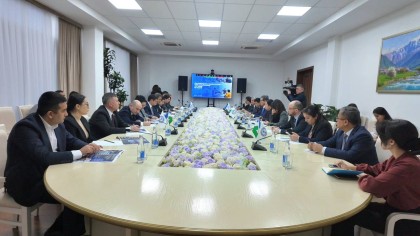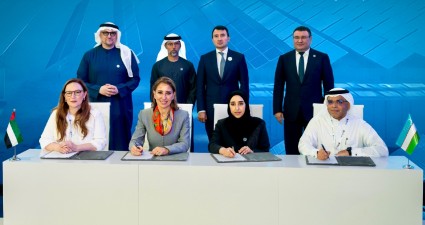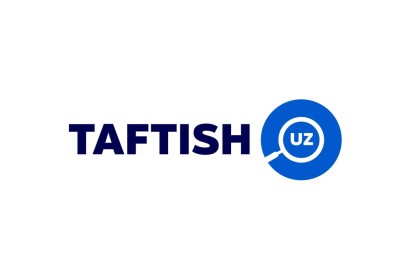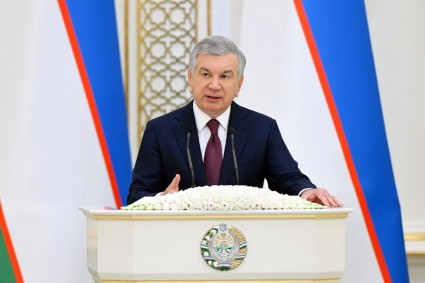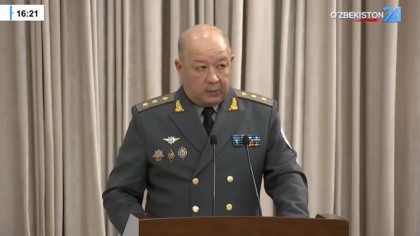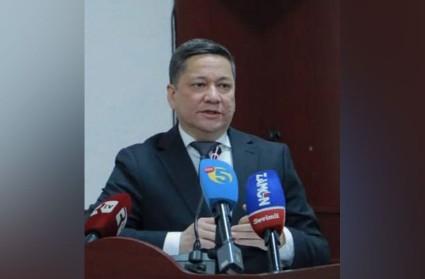The International Monetary Fund (IMF) has prepared a review entitled: Uzbekistan and Public-Private Partnerships: Lessons for the Country.
The IMF noted that in recent years, Uzbekistan had made significant progress in advancing public-private partnerships. If in 2021 the portfolio volume stood at nearly $6.2 billion (8% of GDP), then by the end of 2024 it had increased to $31 billion - nearly 27% of GDP.
The IMF analytical review studied how the country approached the expansion of PPP practices, what difficulties may arise when implementing such projects, and what institutional measures help keep the situation under control.
The first large PPP projects in Uzbekistan were almost entirely concentrated in the energy sector, accounting for over 90% of the value of all agreements from 2019 to 2024. This was due to the need to modernize infrastructure, which required significant investment and rapid implementation.
According to plans for 2025-2030, the volume of new PPP projects may reach $30.2 billion. While, reportedly, the investment distribution structure should become more balanced: along with energy, priority will be given to transport, housing and utilities, and education.
Among the significant initiatives is the construction of Tashkent to Samarkand and Tashkent to Andijan toll roads, which are deemed an important factor in regional development.
According to the World Bank, in 2023, Uzbekistan signed $1.6 billion worth of six PPP projects. This is almost 40% of the total volume of new PPP commitments among low- and middle-income countries in Europe and Central Asia.
In parallel with the increase in the number of projects, the regulatory framework was also being adapted. Despite the fact that the law on PPP was adopted in 2019, many agreements were initially concluded under the law on investments. This was explained by the lack of flexible mechanisms for attracting private funds in the early version of the law.
From 2022, all projects that provide for a possible burden on the budget must be drawn up exclusively under the PPP law. Depending on the cost, the process includes an internal examination, approval by the Ministry of Economy and Finance, or approval at the government level.
In addition, a multi-level assessment mechanism has been set up for PPP projects. Projects worth over $10 million are required to undergo a fiscal analysis by the Cabinet of Ministers, which decides on approval, rejection, or adjustment of the project.
The rapid growth in the number of projects has led to the need for stricter control over possible financial risks. The limit for new agreements for 2025 is set at $6.5 billion, which is approximately 6% of GDP. The IMF believes that this level is quite high and may be revised downwards in the future.
The introduction of a general ceiling on the state's total liabilities under PPPs is also being discussed. Such a measure would supplement the existing limit on state and guaranteed debt at 60% of GDP.
According to the fund's assessment, PPPs give the country access to external financing, management expertise, and the ability to more flexibly distribute risks. But at the same time, projects require careful preparation and monitoring at every stage, from planning to execution.
"Obvious risks include government guarantees, commitments to buy out products or supply resources at fixed prices... Such guarantees create the possibility of unforeseen budget expenditures in the event of project bankruptcy or the occurrence of contractual conditions," the IMF review says.
Government guarantees help attract investors, but can turn into a serious financial burden. If, for example, there is insufficient traffic on a toll road and the fees are insufficient, the state undertakes to compensate for the difference. A similar situation may arise if the electricity or water tariff is lower than the agreed level.
“Since most PPP projects are in their early stages, it is difficult to judge whether the selection of projects is subject to excessive optimism. However, there is no reason to believe that Uzbekistan is significantly different from other countries in this regard,” the fund’s experts clarify.
In addition, the IMF, based on the experience of other countries, notes that over time, “pressure to revise existing agreements is possible.” This emphasizes the need to maintain a balance between the speed of implementation of new initiatives and control over emerging risks.


